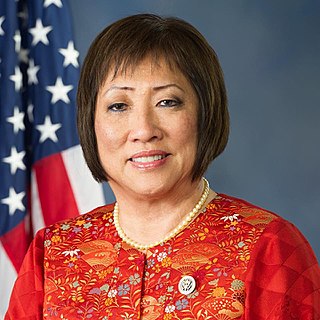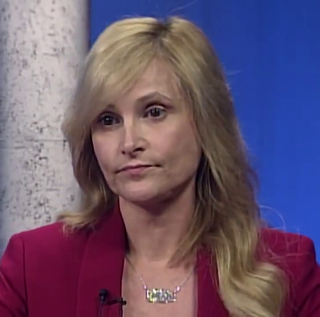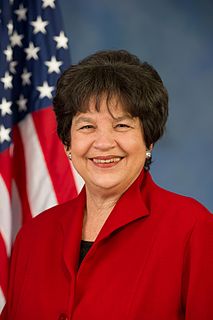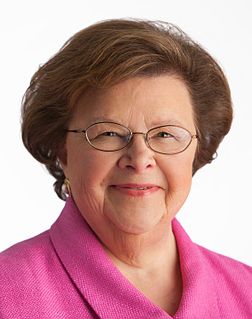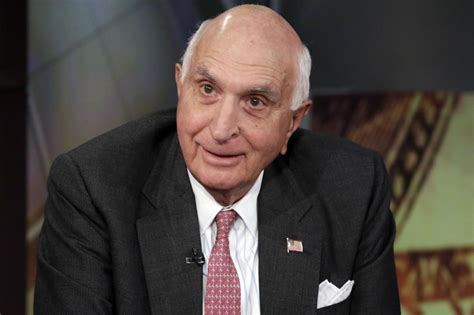A Quote by Colleen Hanabusa
As we move beyond Women's History Month, I am committed to advancing legislation to raise the minimum wage and ensure women are paid equally for equal work.
Related Quotes
In my first 100 days, I'll work with both parties to make the biggest investment in good-paying jobs in decades. We'll also raise the minimum wage - a big deal for the nearly two-thirds of minimum-wageworkers who are women. And we'll give women the tools they need to fight for equal pay. This isn't just a "women's issue"? - it's an issue every American should care about, no matter their gender.
I am a fierce advocate for the economic empowerment of all women. In the Congress, I am one of the leaders of an initiative called 'When Women Succeed, America Succeeds.' It is an economic agenda for women aimed at making sure women have equal pay for equal work, paid sick leave, and affordable child care.
I was on the committee that helped raise the minimum wage here in Seattle. I introduced a statewide bill to raise the minimum wage in Washington state my first year in the state senate, and I really believe that raising the federal minimum wage, while not the answer to everything, addresses a lot of the issues at the very bottom.
We’re going to foment our own revolution. So I say to the women out there in America, let’s keep this fight going! Put on your lipstick, square your shoulders, suit up, and let’s fight for a new American revolution where women are paid equal pay for equal work, and let’s end wage discrimination in this century once and for all!
In addition to being an economic security issue, the failure to pay women a salary that's equal to men for equal work is also a women's health issue. The fact is that the salary women are paid directly impacts the type of health care services they are able to access for both themselves and their families.
